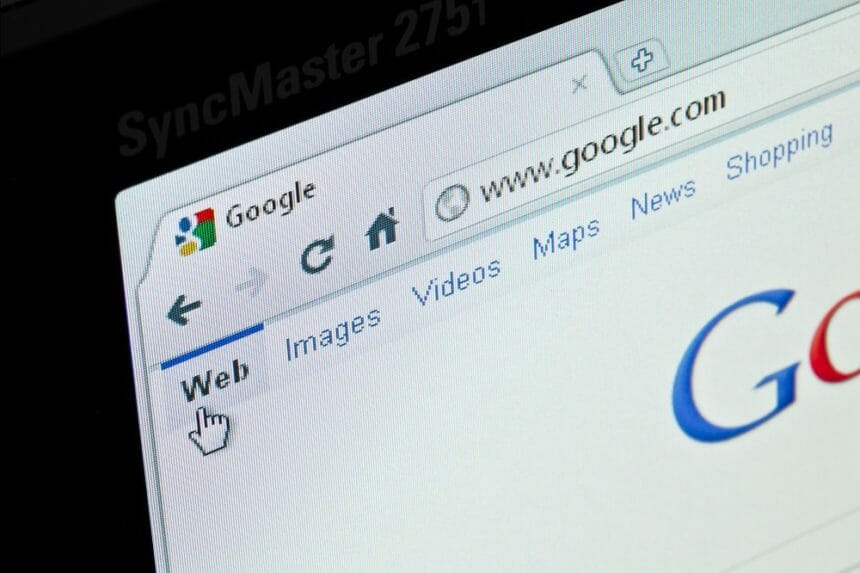Addiction treatment group American Addiction Centers (AAC) is suing the trade group the National Association of Addiction Treatment Providers (NAATP) for engaging in anti-competitive and defamatory practices.
The lawsuit claimed the trade group coordinated an effort to prevent AAC from advertising on Google by misrepresenting the company to an organization that certifies addiction-center advertising on the search platform.
AAC is comprised of a network of addiction-treatment centers, a suite of addiction-related referral websites called Recovery Brands and a testing lab called Addiction Labs of America. The NAATP has more than 900 members.
AAC claimed that it and its directory websites, rehabs.com and recovery.org, were blocked from advertising on Google by the NAATP’s efforts. The NAATP lobbied Google to remove bad actors from addiction advertising, which prompted Google to create LegitScript, according to AAC’s complaint.
The goal of LegitScript was to weed out unethical and deceptive marketing practices on Google by only allowing LegitScript-certified addiction providers to bid for ad space. Some companies, for example, would pose as an unbiased addiction helpline, but were actually paid to steer customers to certain treatment facilities; some would hack web listings and change contact numbers to their own numbers to increase call volume.
AAC said that it never participated in any unethical or deceptive marketing practices. AAC claimed that the NAATP tried to influence Google and LegitScript and said the company was one of these “bad actors” in addiction marketing.
As a result, the complaint claimed, AAC was denied LegitScript certification and not allowed to buy search ads on Google. LegitScript was expanded to Facebook and Bing, making search advertising nearly impossible for the company unless it was approved by the program.
AAC claimed it tried to work with LegitScript, but was rebuffed. The lawsuit also questioned Google’s move into the addiction space. AAC said that the OneFifteen treatment center announced in February by Verily, a subsidiary of Google parent company Alphabet, created a “double standard allowing Google to be both a treatment provider and ‘lead generator,’” the complaint stated.
Without access to Google search ads, AAC claimed, the company saw a decrease in third-party providers advertising on its directory websites, fewer third-party opportunities in its diagnostic lab testing business and fewer patients admitted to treatment centers.
The company also said that NAATP’s repeated efforts to defame its reputation led to advertisers leaving its directory websites due to “fear of retaliation or blacklisting by NAATP or LegitScript,” the company said.
The lawsuit also claimed the trade group deliberately excluded AAC from membership by changing its ethics standards without notifying the company. AAC also said NAATP leaders implied that AAC and its rehab-directory websites were “bad actors” at a members-only meeting.
AAC claimed that NAATP violated the Lanham Act, which prohibits misrepresenting of goods, services or commercial activities. It has also sued for defamation, tortious interference, constructive fraud, breach of contract, breach of the duty of good faith and fair dealing and violation of the Tennessee Consumer Protection Act.
The NAATP said in an emailed statement that it “categorically denies” the allegations.
“AAC’s claims are disappointing and without merit,” the trade organization said. “The matter has been referred to NAATP legal counsel, who will respond to the suit accordingly.”
This story was updated on May 10 with comment from NAATP.








